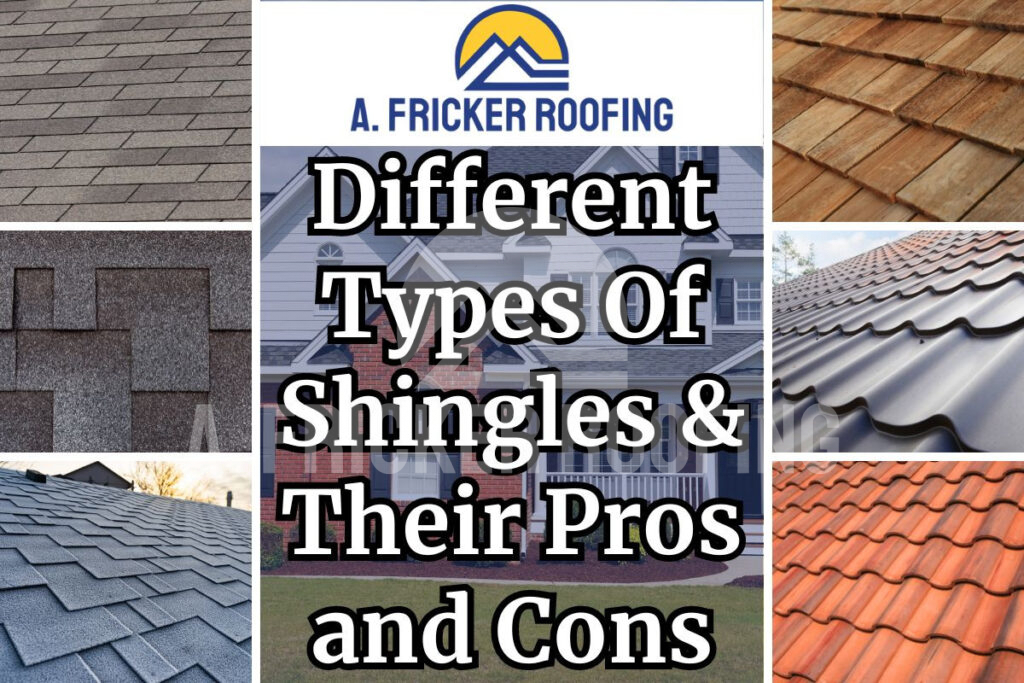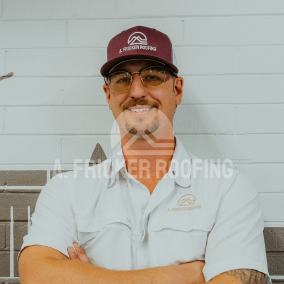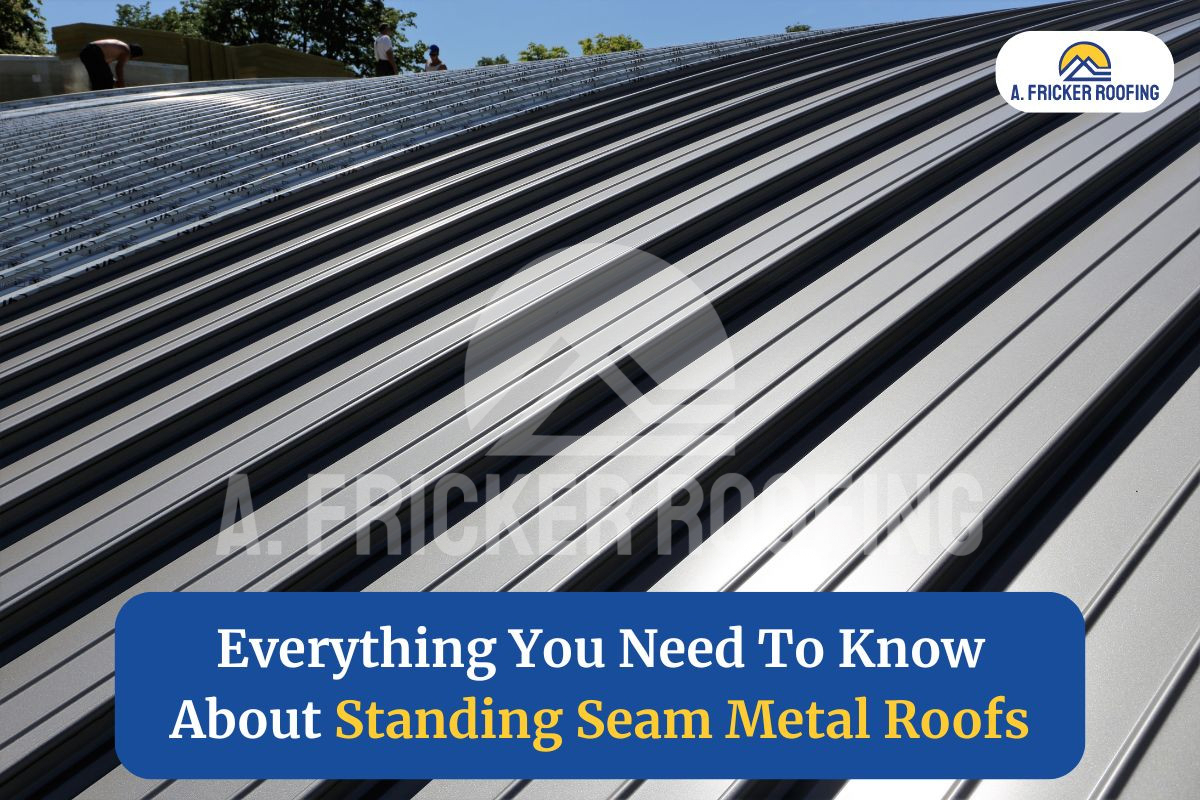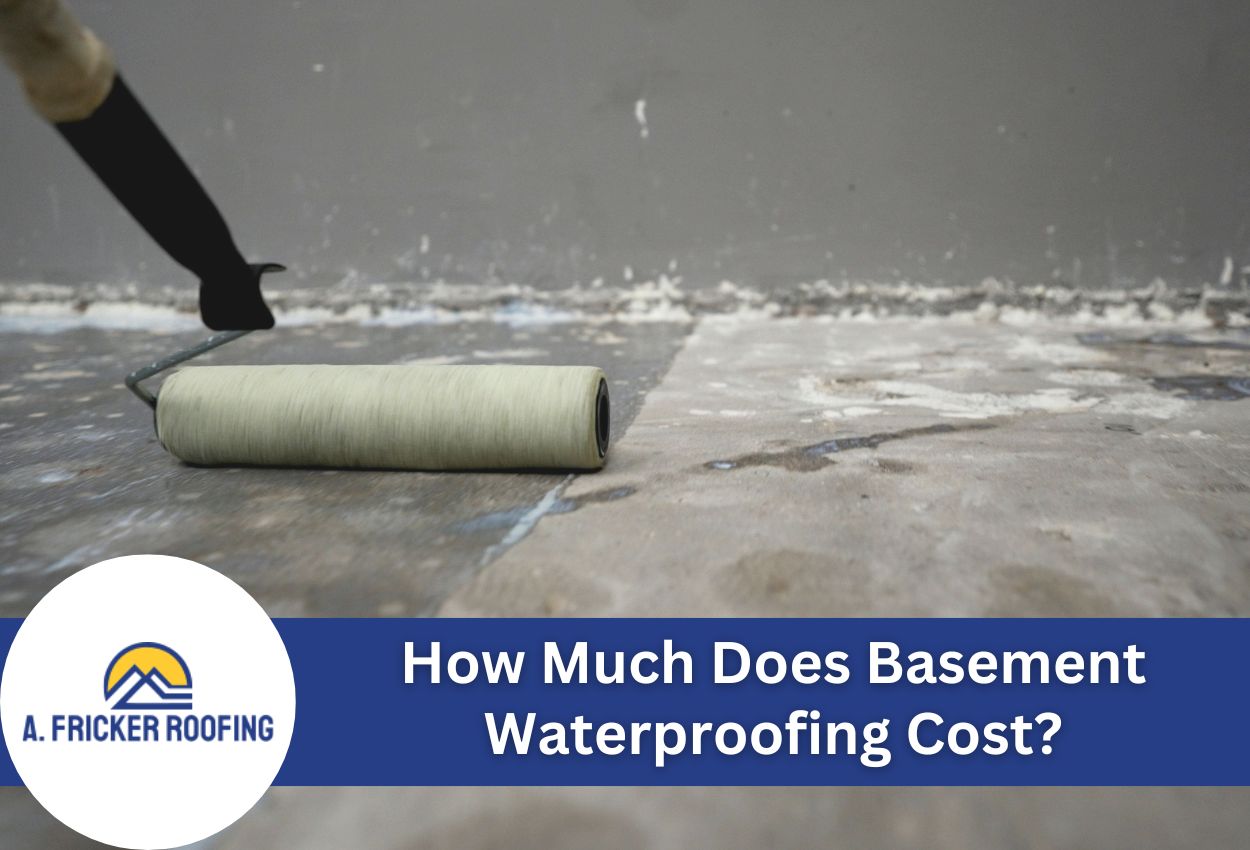Whether you are looking for the most basic or advanced types of shingles, there is something on the market to meet your needs. Regardless of the style of your home, there are roofing shingles that can suit its architectural appeal and design.
If you are exploring different types of shingles for your roof, this blog post is for you. In this comprehensive article, we will guide you through the pros and cons of various types of shingles and which ones can be the right fit for your home. Read through the last option to know what is available and make confident decisions.
1. 3-Tab Roofing Shingles
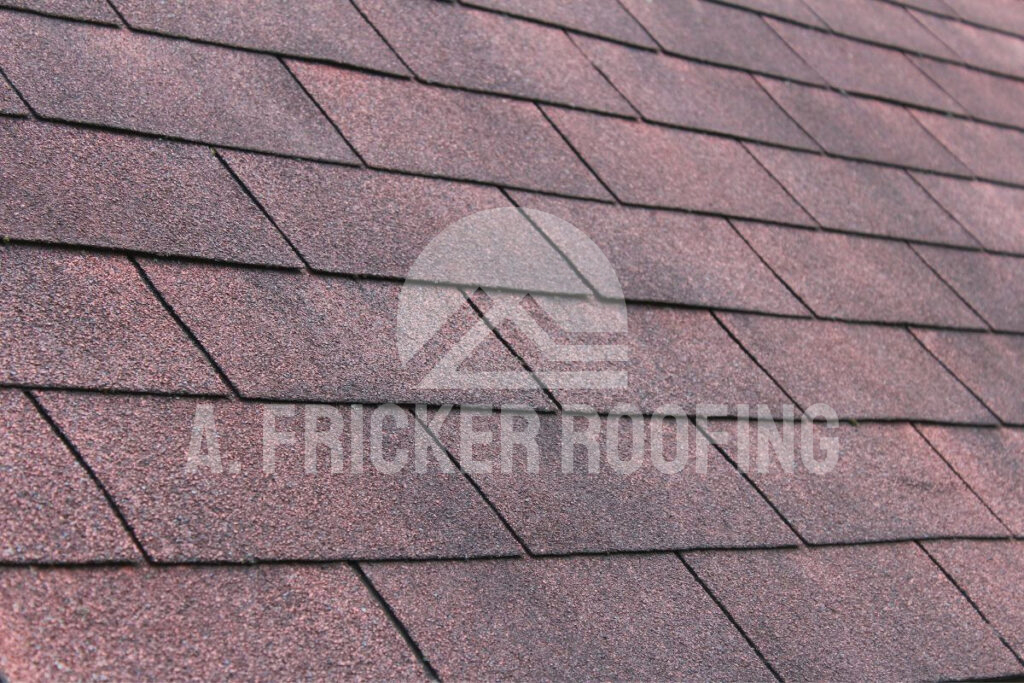
Even if you are reading this name for the first time, chances are you have seen these roof shingles before. 3-Tab shingles are the most basic type of asphalt shingles installed on residential buildings. While they are sometimes seen as outdated these days and don’t offer the same level of resistance as other shingles, they are still a top choice for homeowners who are tight on budget and desire a simple and basic shingle style. However, they offer sufficient resistance and durability against the local weather conditions. Manufactured with an asphalt mat topped with protective granules, 3-tab shingles are installed along with starter shingles around the roof edges.
Pros
a. Simple, effective, and affordable
b. Easy to install and work with
c. Manufactured in a wide range of color options
d. DIY-friendly
Cons
a. Offer a basic style
b. Comparatively less durable
c. Prone to damage in high winds and extreme temperatures
2. Architectural Shingles
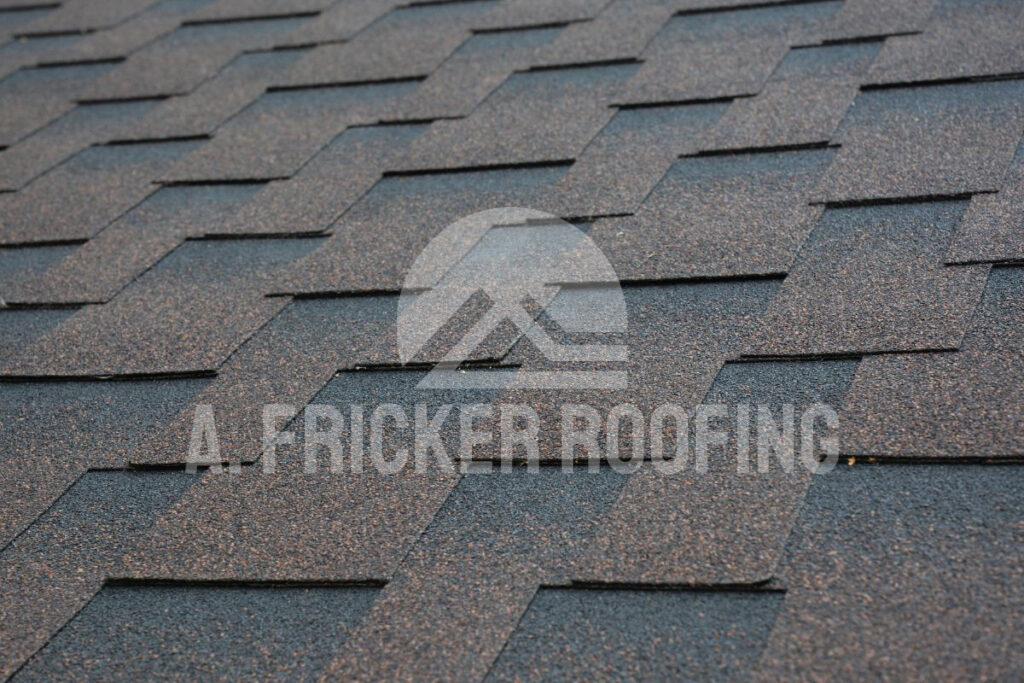
Architectural shingles are a more advanced alternative to their basic 3-tab shingles counterparts. Manufactured in thick layers and topped with protective granules, architectural shingles offer enhanced durability and increased resistance against weather conditions and extreme temperatures. They were introduced to the market when 3-tab shingles couldn’t meet homeowners’ desire for a modern, minimalist shingle style that also gives a significant return on the initial investment. These thicker, more durable shingles are now the first preference of homeowners looking to install asphalt shingles on their homes.
Pros
a. Relatively thicker and more durable
b. Advanced manufacturing technology
c. Increased lifespan of up to 30 years
d. Can be installed on high-end homes
Cons
a. More expensive upfront compared to 3-tab shingles
b. Regular maintenance and cleaning are required
c. Prone to impact and hail damage
Also Read: How Long Do Architectural Shingles Last?
3. Luxury/Designer Shingles
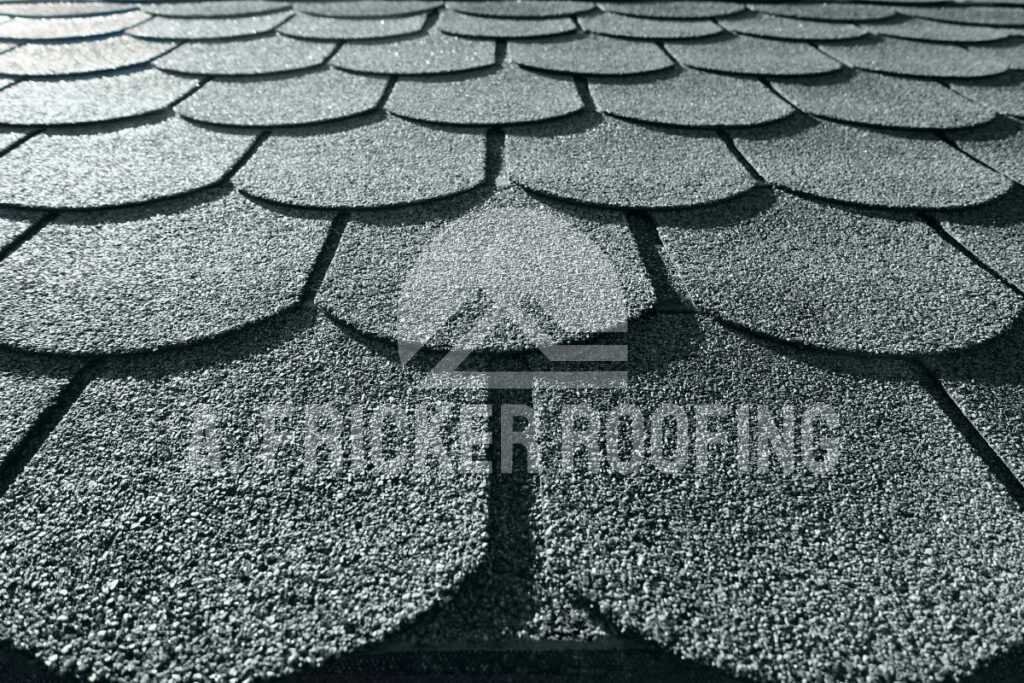
Luxury or designer shingles are high-end asphalt shingles. They are the most durable and elegant asphalt shingle option, designed to create a balance between functionality and aesthetics. Designer shingles blend multiple layers of asphalt to create a laminated and thicker profile. Moreover, if you love the rustic appeal and elegance of cedar shakes and slate tiles but not their high upfront costs, designer shingles are the perfect choice. They can mimic the natural look of cedar shakes or slate tiles and come at a fraction of the cost.
Pros
a. Free from the setbacks of traditional shingles
b. More durable and high-end asphalt shingles
c. Suitable for nearly all climates and weather conditions
d. Can be impact-resistant
Cons
a. Costly upfront
b. Require skilled and professional installation
Related: Which Type Of Asphalt Shingles Are Right For You?
4. Impact-Resistant Shingles
While luxury or designer shingles can be made impact-resistant, this class of shingles is specially designed for the harshest weather conditions and for homeowners desiring a fortified roof. Impact-resistant shingles don’t just withstand hail and debris damage, they are often also fire, wind, and rust-resistant. These shingles are technically advanced as they can come with class ratings, such as a Class 3 or Class 4 impact resistance rating. So, if you want a roof that stands the test of time and protects you even in the harshest weather conditions, impact-resistant shingles are the right choice.
Pros
a. Specially designed for harsh weather conditions
b. Can be wind-resistant, fire-resistant, and hail damage resistant
c. Cost-effective in the long run
d. Used for Fortified Roof™ systems
Cons
a. Costlier upfront
b. Needs specialized skills and expertise for installation
5. Metal Roofing Shingles
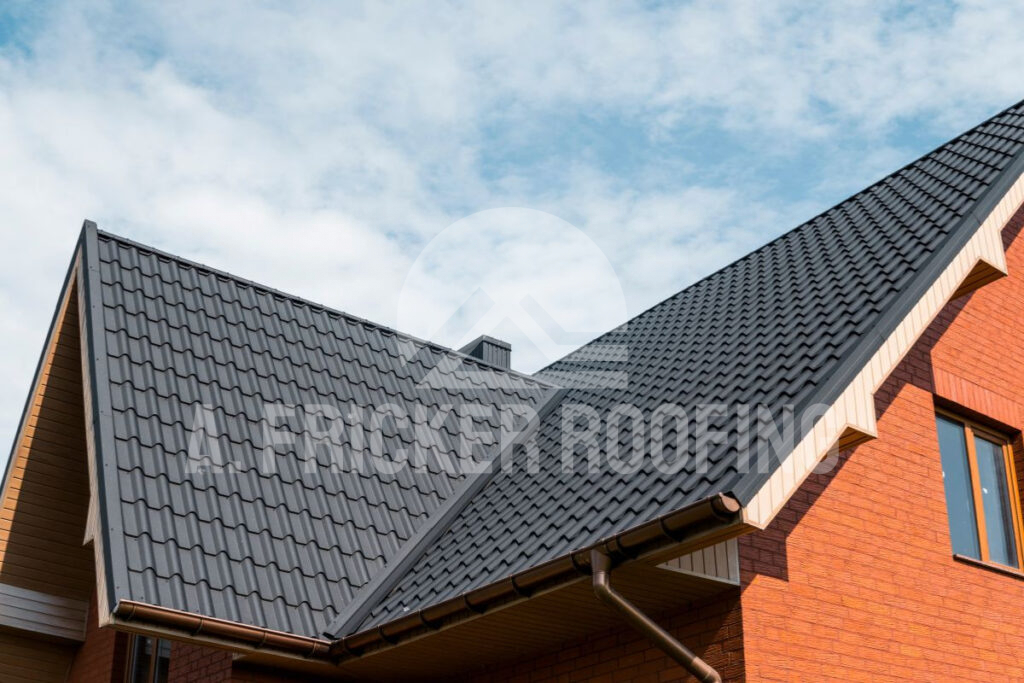
Metal roofs’ durability and energy efficiency are known, but many homeowners love the look of a shingle roof. So, if you also want the appeal of a shingle roof and admire the durability of metal, metal roofing shingles are the perfect choice. These metal roofs that look like shingles are the best for both aesthetics and functionality. While they are more costly upfront, their energy efficiency and weather resistance pay back in the long run. Available in different styles and a wide range of color options, metal roofing shingles increase your home’s aesthetic and overall performance.
Pros
a. Increased aesthetics and functionality
b. Wide range of metal options, colors, and styles
c. Energy-efficient, resilient, and weather-resistant
Cons
a. Can be noisy during rain and wind storms
b. Complicated installation and regular upkeep needed
c. Higher installation and material cost up front
6. Slate Tiles
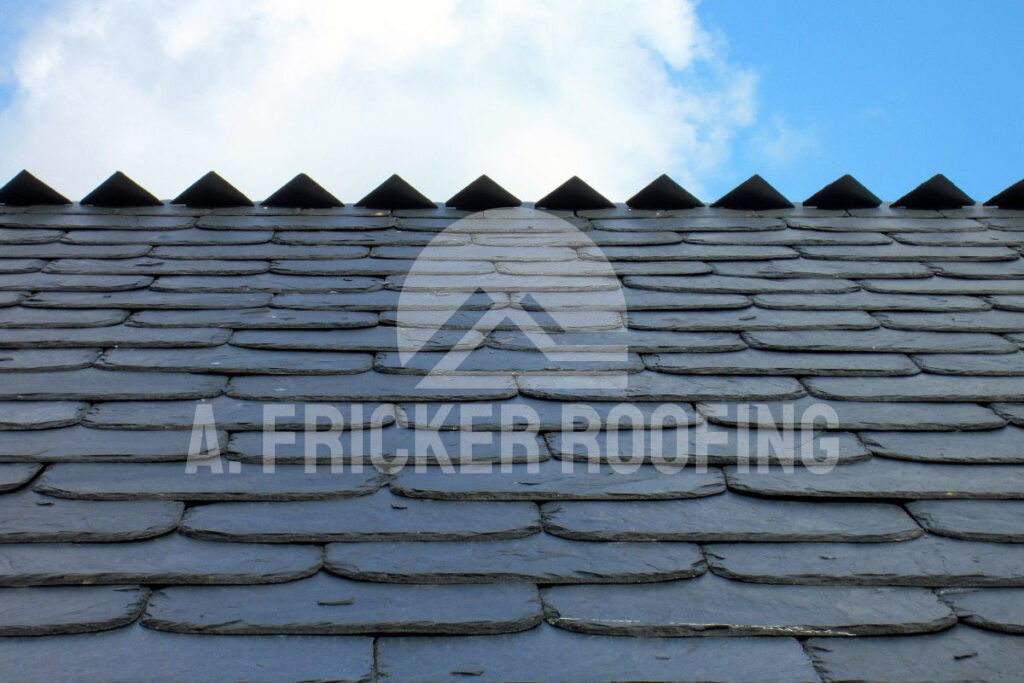
Who doesn’t love long-lasting and low-maintenance roofing materials? Slate roofing tiles are one type of shingle that blends aesthetics and functionality. Extracted from the earth and hand-crafted to suit your roof’s needs, slate roofing shingles can last more than 100 years. Because slate is pricier upfront, it is one of the least installed materials on homes and commercial properties. But when installed and managed properly by skilled and professional roofers, slate tiles present an epitome of durability, energy efficiency, and insulation. These combined attributes of slate tiles cut down the energy and maintenance costs for decades. Many people say a slate roof is an investment for the next generation.
Pros
a. Can last over 100 years
b. Create a balance between energy efficiency and roof insulation
c. Durable and energy-efficient
d. Increased aesthetics and the resale value of your home
Cons
a. Very costly upfront
b. Heavy and may require additional support
Also Read: Top 3 Slate Roof Shingles Brands Of 2024
7. Rubber Roof Shingles
Rubber roof shingles are innovative roofing materials manufactured from used tires or similar recycled rubber. Because of this, they are considered sustainable roofing materials. Rubber shingles are extremely durable and impact-resistant, but they may not look as aesthetically pleasing as other roofing materials. Rubber shingles are thicker and won’t crack and break during their life cycle unless they are stressed beyond their durable limits.
Pros
a. Generally affordable and easy to install
b. Durable and insulating
c. Environment-friendly and sustainable
d. Impact-resistant
Cons
a. Difficult to find
b. More expensive than asphalt shingles
8. Wood Shakes and Shingles
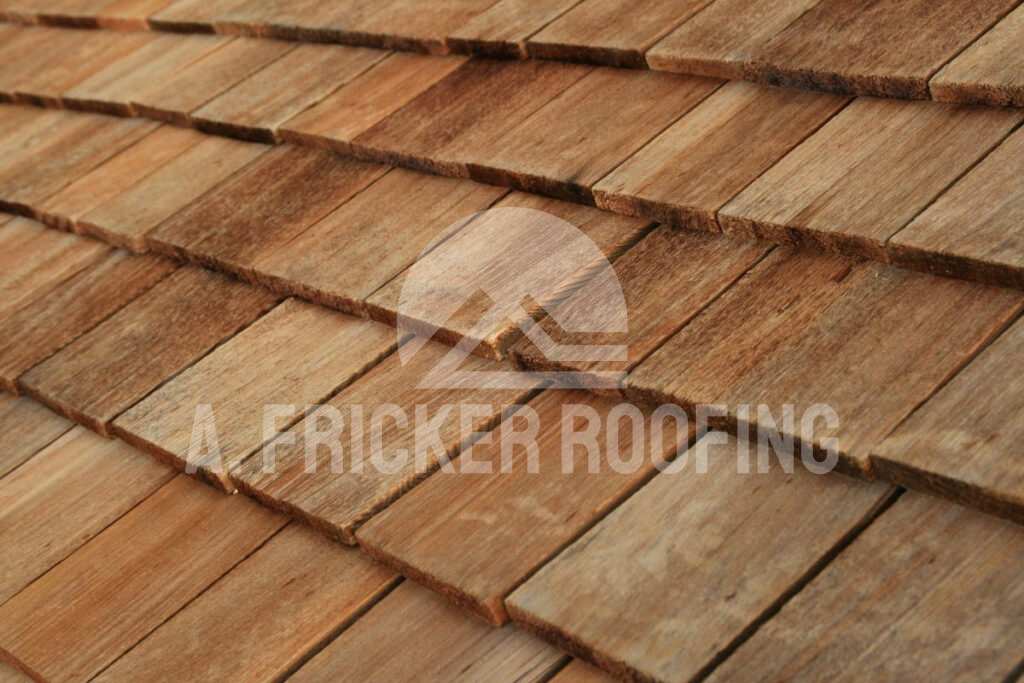
Wood shakes and shingles have maintained their reputation and continue to be a popular roofing option. Their rustic and natural appeal combined with their high insulation properties make them an incredible roofing option for homeowners. However, they are highly combustible, making them the least popular option in fire-prone areas. Moreover, their color can fade in extreme temperatures and harsh weather conditions, requiring timely maintenance and care. Also, they are slightly more expensive than basic asphalt shingles.
Pros
a. Better insulation properties
b. Natural and rustic charm
c. Can last up to 25 years
Cons
a. Combustible
b. Higher price tag
c. Require regular maintenance
9. Clay Tiles
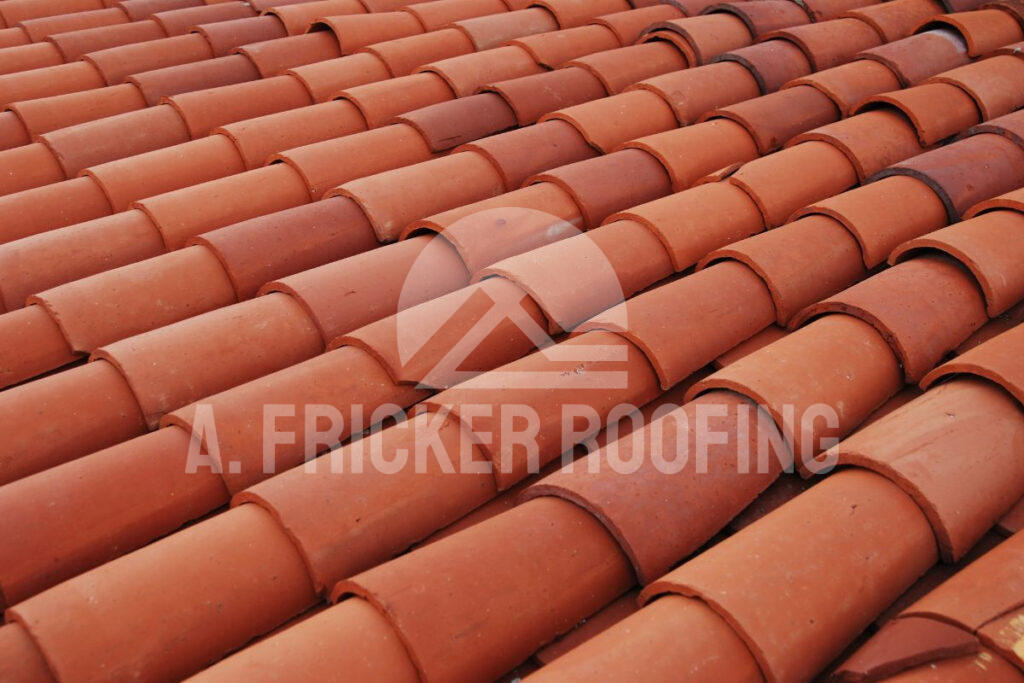
When talking about types of shingles, we can’t miss clay tiles. They are known for their natural color and distinctive look. Additionally, clay tiles or shingles are durable enough to sustain any climate and weather conditions for up to 70 years or more. Though costly up front, clay tiles increase the charm of your home and its resale value. Moreover, they perfectly blend with any type of home and architecture, making them a sought-after roofing material. However, they may crack or break due to impacts from debris or hail. Therefore, they need to be handled with utmost care during installation and maintained over the years.
Pros
a. Natural elegance
b. Increase the resale value of your home
c. Durable and long-lasting
d. Resistant to rot and insects
Cons
a. Heavyweight, therefore, requires additional support
b. Expert and skilled installation needed
c. Expensive maintenance and repairs
Talk To Expert Roofers In Tulsa, OK, For Your Roof Installation
Now that you know the pros and cons of different types of shingles, you can choose one that suits your roofing needs and climatic conditions. However, if you are unsure which roofing shingles to choose, you can talk to us. The expert roofers at A. Fricker Roofing and Waterproofing are here to help you make the right decision for your home and the years to come. We know what works best for Tulsa home and commercial property owners. Moreover, we excel in professional roof replacement, new roof installation, and roof repair. Contact us today at (918) 402-7167 to consult a roofing professional.
